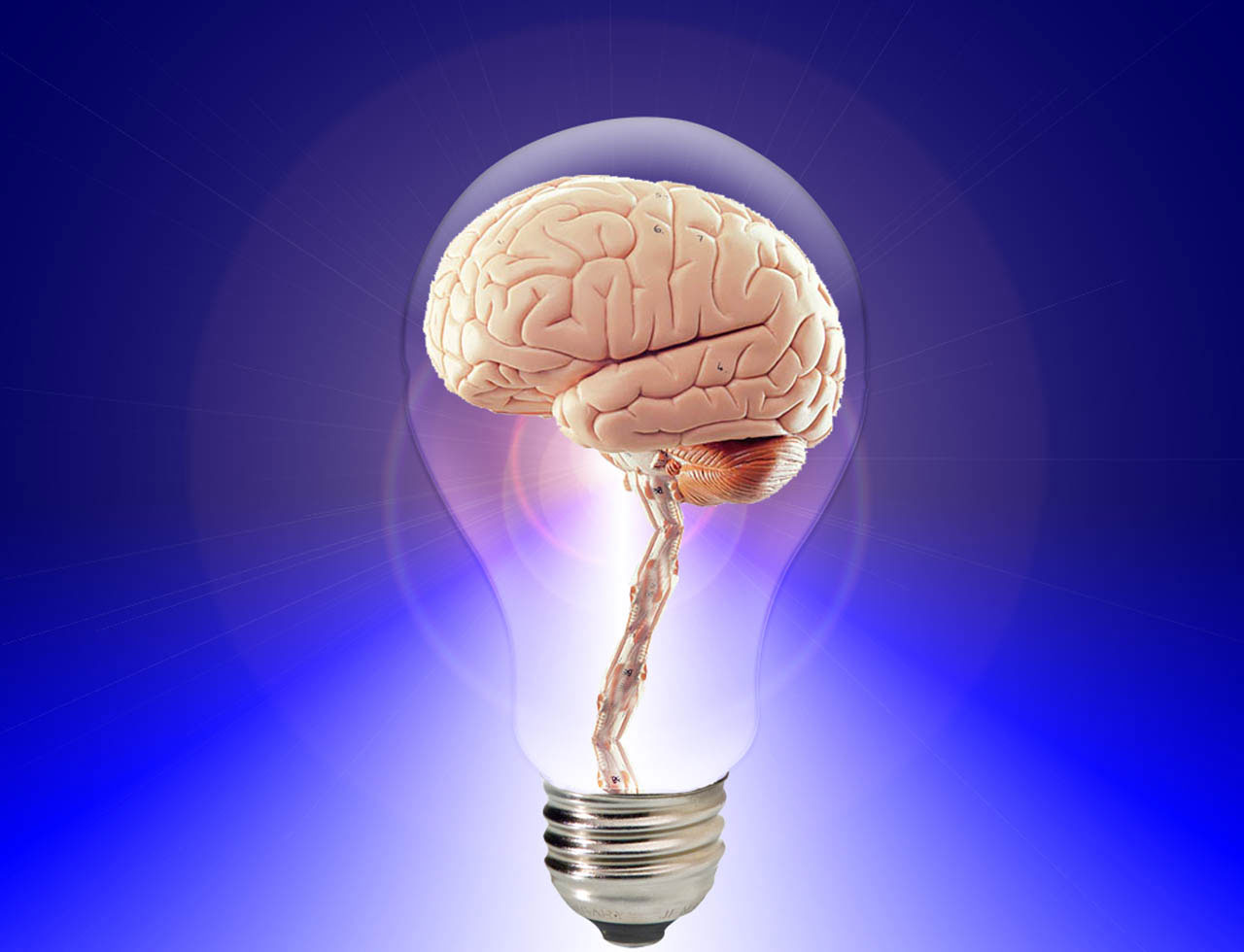 From evolutionary biologist Mauricio Gonzalez Forero at The Conversation:
From evolutionary biologist Mauricio Gonzalez Forero at The Conversation:
Most animals have brains in proportion to their body size – species with larger bodies often have larger brains. But the human brain is almost six times bigger than expected for our bodies. This is puzzling, as the brain is very costly – burning 20% of the body’s energy while accounting for only 4% of its mass.
As evolution tends to remove waste, how come we evolved such large, energy-consuming brains? There are many different ideas out there, with the dominant hypothesis suggesting that challenging social interactions were the driving force. But our new study, published today in Nature, finds evidence against this idea and shows that human brain expansion was likely driven by ecology.
The authors used a mathematical model as follows:
We found that a combination of ecological and social challenges do produce the brain size we see in humans. But surprisingly, it was ecological challenges that expanded brains. In contrast to the dominant view and our own expectation, we found that social challenges contributed by decreasing brain size. But you need both factors to get the brain size we see today – if there were no social challenges our brains would have been even larger but likely poorly suited to social life. Bigger isn’t necessarily better.
There are many reasons social challenges decrease brain size. One is that cooperating individuals can rely on each other’s brains. So individuals can avoid producing a very costly brain while still being able to solve the problems thanks to help from their buddies. More.
Then it gets fuzzy: Why did only humans develop comparatively large brains?
We found that ecological problems only lead to human-sized brains when individuals can keep learning hard skills as they grow. This can happen when individuals learn from allies their culturally accumulated knowledge, such as making fire. So our results and those of others suggest that a hard ecology and the accumulation of cultural knowledge could act in concert to produce a human sized brain.
But bees and ants have extensive cultural knowledge, yet manage with very little brain.
Mathematical models are probably the closest thing to literary fiction that science offers. Ferrero tells us, “[o]ur approach offers a new way to understand brain evolution using little more than some maths.” It is good that no more resources were wasted on a thesis so inconclusive. But never mind because…
… the topic has, of course, a history, as Forero notes. Here are a few other entries:
Some say we evolved large brains alongside small guts, but another research team found no such correlation. Alternatively, fluid societies (relative to chimps) explains it. And, according to some, mental illness helped. Chimpanzees’ improved skills throwing excrement are also said to provide hints about human brain development. (The ability to throw projectiles at very high speeds is apparently unique to humans.) Our ancestors had to grow bigger brains anyway, we are told, to make axes and hunt something besides elephants. Collective intelligence (“ideas having sex”), whatever that means, has been really important to human evolution as well. More.
See also: Did large brains cause Neanderthals to go extinct?
Homo naledi’s small but sophisticated brain challenges belief in “an inevitable march towards bigger, more complex brains.”
and
Human origins: The war of trivial explanations